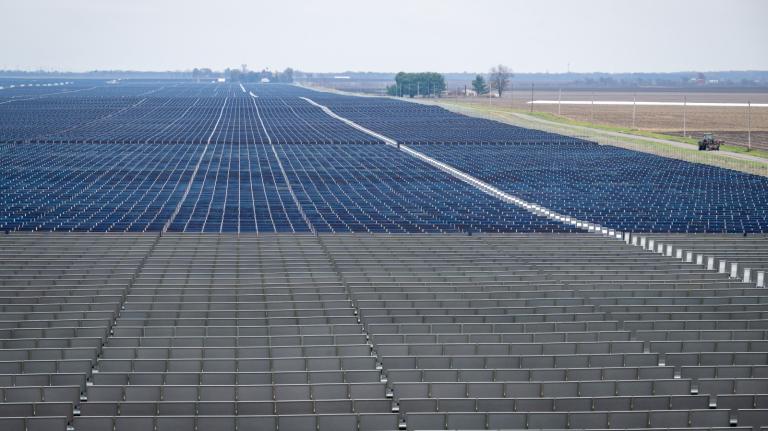Dear Umbra,
My girlfriend asked me the other day why global warming was going to be so bad for her. I just graduated with a degree in environmental science, and I like to think I learned something in my classes, but I still struggled to give her a concise, straightforward answer. I see new research coming out all the time in Daily Grist and other places on the consequences of global warming and predictions for the future. Can you point me to a source where I can find an easy-to-read summary, preferably with citations for further reading, of what we currently know and how it will affect the everyday life of an “average” person?
Josh
Grandville, Mich.
Dearest Josh,
I suggest you click on over to Climate.org, which is just brimming with useful, readable tidbits on global warming. In particular, check out its page on Climate Change Impacts in North America, with pithy descriptions of what could go sour for folks in our neck of the woods as the planet heats up, and its page on Impacts of Climate Change on Human Health. You might also want to poke around the Global Warming Basics section of the Pew Center on Global Climate Change website. I think these resources will help you craft a fine explanation for your lady friend.

And here’s what climate change will
mean for you, my darling …
Photo: Grzegorz Musiol.
She asks an interesting question, though, and it’s a very hard one to answer. Our climate is warming, in large part due to human production of greenhouse gases, and as a consequence, the environment is changing. We are expecting and already seeing: sea levels rising, weather shifting, ice melting, wildlife migrating, rain and drought patterns changing. We fear: migration of diseases, battles over changing resources, and increases in weather-related calamities.
Will this be so bad for your girlfriend? Probably not, because she’s not an average person. I don’t mean to be snide, truly, but it’s an important distinction. The imminent climate consequences of human actions will have a relatively small effect on U.S. residents. It’s ironic: We produce a disproportionate amount of greenhouse gases, but the bulk of negative impacts will fall on the developing world, where more people rely directly on natural resources for subsistence and income, where the physical infrastructure is often inadequate and thus unnecessarily at risk from phenomena such as hurricanes, and where many governments cannot afford protective measures. Our relative wealth also provides a bulwark, sometimes literally.
Our motivation to care about climate change is limited only by our capacity to care for others. You’re living in Michigan. Your weather might get a bit strange, but rising sea levels won’t wash away your house. You probably aren’t a farmer, so you won’t have to worry about your crops. You’ll still be able to buy food and pay for heat. If your lady sticks with you, she may actually get an ancillary climate-change benefit: her boyfriend’s chosen career will only become more important as time goes on.
Empathetically,
Umbra

